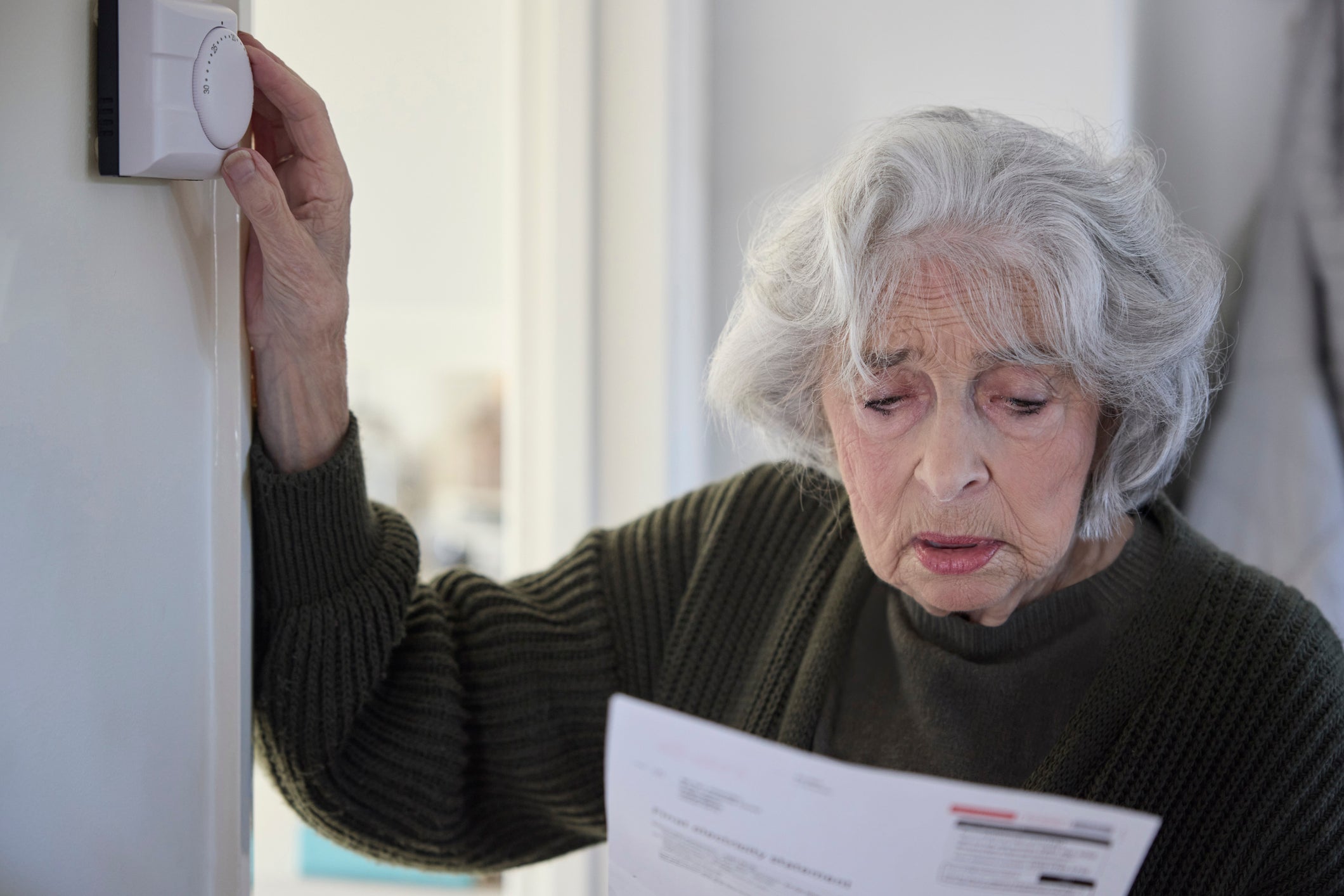Average household energy bill to jump in coming months, experts warns
Energy regulator Ofgem will announce the energy price cap for October to December on Friday August 23.

Your support helps us to tell the story
From reproductive rights to climate change to Big Tech, The Independent is on the ground when the story is developing. Whether it's investigating the financials of Elon Musk's pro-Trump PAC or producing our latest documentary, 'The A Word', which shines a light on the American women fighting for reproductive rights, we know how important it is to parse out the facts from the messaging.
At such a critical moment in US history, we need reporters on the ground. Your donation allows us to keep sending journalists to speak to both sides of the story.
The Independent is trusted by Americans across the entire political spectrum. And unlike many other quality news outlets, we choose not to lock Americans out of our reporting and analysis with paywalls. We believe quality journalism should be available to everyone, paid for by those who can afford it.
Your support makes all the difference.The average household energy bill is set to rise by 9% in October when the latest change to the price cap takes effect, according to experts.
Energy consultancy Cornwall Insight said it expects the typical household’s energy bill to rise to £1,714 a year, up from £1,568 currently, on October 1.
This is less than its previous prediction in June, when it estimated that the cap would rise by 9.9% to £1,723.
But the group said there is also likely to be a further “modest” increase in January 2025, with more rises possible early in the new year due to “recent tensions in the Russia-Ukraine war”.
Energy regulator Ofgem will announce the energy price cap for October to December on Friday August 23.
Craig Lowrey, principal consultant at Cornwall Insight, said: “This is not the news households want to hear when moving into the colder months.
“Following two consecutive falls in the cap, I’m sure many hoped we were on a steady path back to pre-crisis prices.
“However, the lingering impact of the energy crisis has left us with a market that’s still highly volatile and quick to react to any bad news on the supply front.
“Despite this, while we don’t expect a return to the extreme prices of recent years, it’s unlikely that bills will return to what was once considered normal.
“Without significant intervention, this may well be the new normal.”
Ofgem changes the price cap every three months based on several factors, the most important of which is the price of energy on wholesale markets.

The energy price cap was introduced by the Government in January 2019 and sets a maximum price that energy suppliers can charge consumers in England, Scotland and Wales for each kilowatt hour (kWh) of energy they use.
The price cap does not limit a household’s total bills because people still pay for each unit of gas and electricity they use – the figures provided are calculated for an average-use household and if more energy than average is used, a household will pay above the cap.
Ofgem is currently considering the future of price protection, including the suitability of the price cap and a potential permanent ban on so-called acquisition tariffs – cheaper prices for new customers to lure them away from their existing supplier.
Cornwall Insight is calling for a reform of the price cap or introduction of social tariffs, but warned longer-term solutions were also vital.
Mr Lowrey said: “Immediate action is needed to ease the financial burden on households – such as the introduction of social tariffs, or reform of the price cap – but that’s only part of the solution.
“We must also develop a long-term strategy to secure our energy future. This means a fundamental overhaul of our energy system, with a strong emphasis on increasing domestic energy production.
“Simply waiting for prices to drop on their own isn’t an option, we need a proactive and forward-thinking approach to ensure long lasting energy affordability and security.”